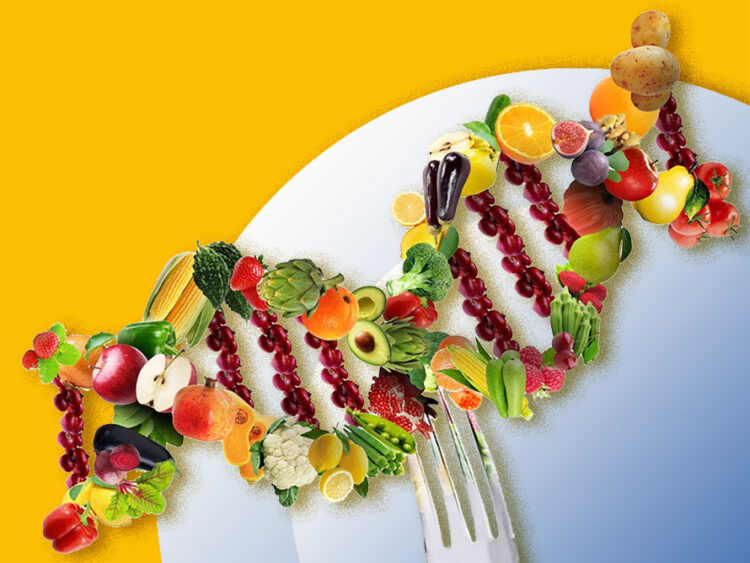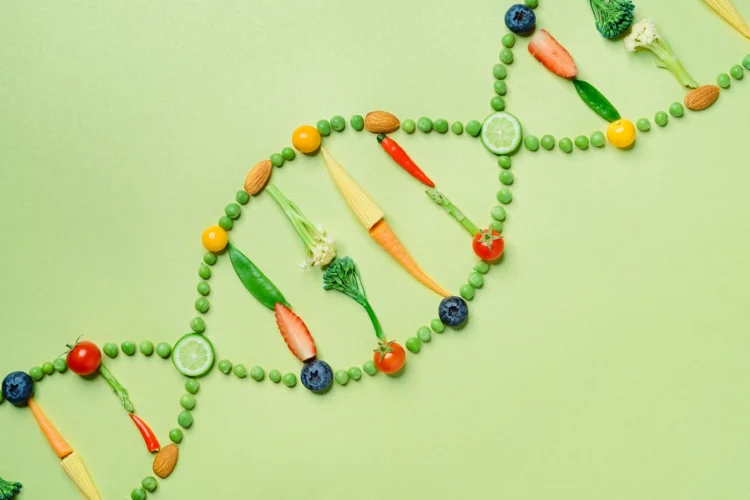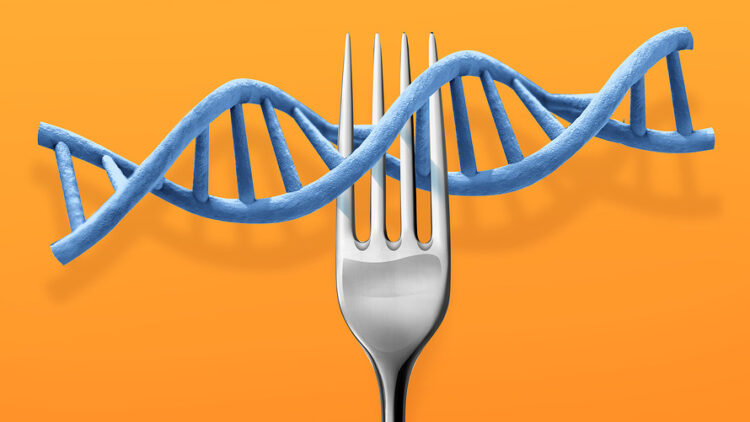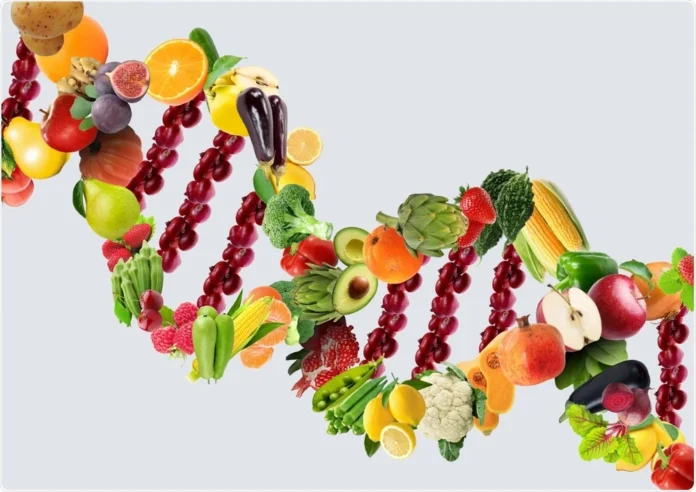You’ve heard of various types of diets: ketogenic, vegan, and Mediterranean, just to name a few. But have you ever considered tailoring your diet based on your DNA? That’s right, your genetic makeup can be an invaluable resource when it comes to nutrition and health. A combination of science and technology, known as a DNA diet, can provide insight into your body and help you make informed decisions regarding nutrition.
What is a DNA Diet?
A DNA diet is an approach to nutrition that uses genetic information as a guide for what you should eat. The idea is simple: by understanding your DNA, you can make more personalized choices when it comes to food and lifestyle. It moves away from a one-size-fits-all approach, giving you a more targeted strategy for managing weight, improving health, and even reducing the risk of certain diseases.
How Does a DNA Diet Work?

To begin, a DNA test is conducted, usually through a saliva sample. This sample is then analyzed to identify specific genes that influence your metabolism, risk of certain diseases, and even your food preferences. Based on this genetic analysis, a tailored diet plan is created to align with your unique genetic makeup.
The Science Behind DNA Diets
Understanding the scientific fundamentals of DNA diets can lend credibility to this emerging approach. Essentially, our genes are segments of DNA that serve as instructions for various biological processes, including how we metabolize food, absorb nutrients, and react to different kinds of exercise. Genetic markers can give us insights into these processes. Companies offering DNA diet services will typically examine these markers to provide dietary advice specifically tailored to your genetic code.
Why it Matters
This is not merely an academic exercise. Nutrigenomics, the study of how our diet interacts with our genes, has shown that certain genetic predispositions can make us more susceptible to issues like high cholesterol, diabetes, or nutrient deficiencies. By identifying these predispositions early on, one can make preventative lifestyle changes to mitigate these risks.
Points of Contention
However, critics argue that the science is not yet robust enough to make highly specific recommendations. While your genes can offer general guidelines, they do not account for your entire physiological response to food. Environmental factors, including lifestyle and other health conditions, must also be considered for a well-rounded approach to dieting.
The Future of DNA Diets
Innovations in the field of genetics are coming at a rapid pace. Advances in sequencing technologies are making tests more affordable and accessible, thus offering the promise that DNA-based diets will become increasingly accurate and helpful. Furthermore, ongoing research is likely to provide more substantiated guidelines, making this a topic worth keeping an eye on.
Tips for Following a DNA Diet Responsibly

Adopting a new dietary approach should be a careful and well-thought-out process. Here are some tips to ensure that you’re going about it in a safe and effective manner:
Consult Professionals
Consult with genetic counselors, dieticians, and healthcare providers who are well-versed in genomics and nutrition. They can provide nuanced insights into your test results and how best to act upon them.
Consult Reviews
Before making the leap into a DNA diet, it’s wise to consult reviews of any service you’re considering. User reviews can provide real-world perspectives that you might not get from the service’s marketing materials or even from scientific journals. For example, the NJ diet review is a resource that offers an in-depth look at a program utilizing genetic information for personalized weight loss. This review is particularly helpful as it comes from users who have tried the program and can vouch for its effectiveness or point out any potential shortcomings. Such testimonials can offer a valuable layer of information as you decide whether a DNA diet service is right for you.
Remember to look for reviews on multiple platforms to get a well-rounded view. Also, keep in mind that everyone’s experience is unique due to individual genetic makeup and lifestyle factors, so take all reviews with a grain of caution.
Be Skeptical
Not all companies offering DNA diet services are created equal. Research the scientific credentials of the DNA testing company you’re considering. Look for transparent reporting of how recommendations are made and whether the company’s claims are backed by scientific research.
Consider Your Lifestyle
Remember that genes are just one piece of the puzzle. Environmental factors, exercise routines, and other lifestyle elements are just as important when developing a diet plan. A well-rounded approach takes multiple variables into account.
Revisit and Revise
Your first DNA-based diet plan may not be your last. As you track your progress and as scientific understanding evolves, you might find that your plan needs adjustments. Be prepared to consult with professionals and possibly retake tests to ensure that your diet continues to serve you well.
Pros and Cons

Pros
- Personalization: One of the significant advantages of a DNA diet is the level of customization it offers. By understanding your genes, you can make dietary choices that align more closely with your body’s needs.
- Long-term Benefits: Because the recommendations are tailored to you, they are often easier to adhere to, potentially resulting in more sustainable long-term changes.
Cons
- Cost: DNA testing and the subsequent diet plan can be expensive.
- Limited Research: Although the field is growing, there is still limited scientific evidence supporting the effectiveness of DNA diets.
Final Thoughts
Moving forward, the considerations surrounding DNA diets will not only be about their scientific validity but also about their practical application. Transparency from companies offering these services will be key, as will continual research to fine-tune dietary recommendations. This isn’t just about individual choices; it’s about the evolving intersection of genetics and public health.







